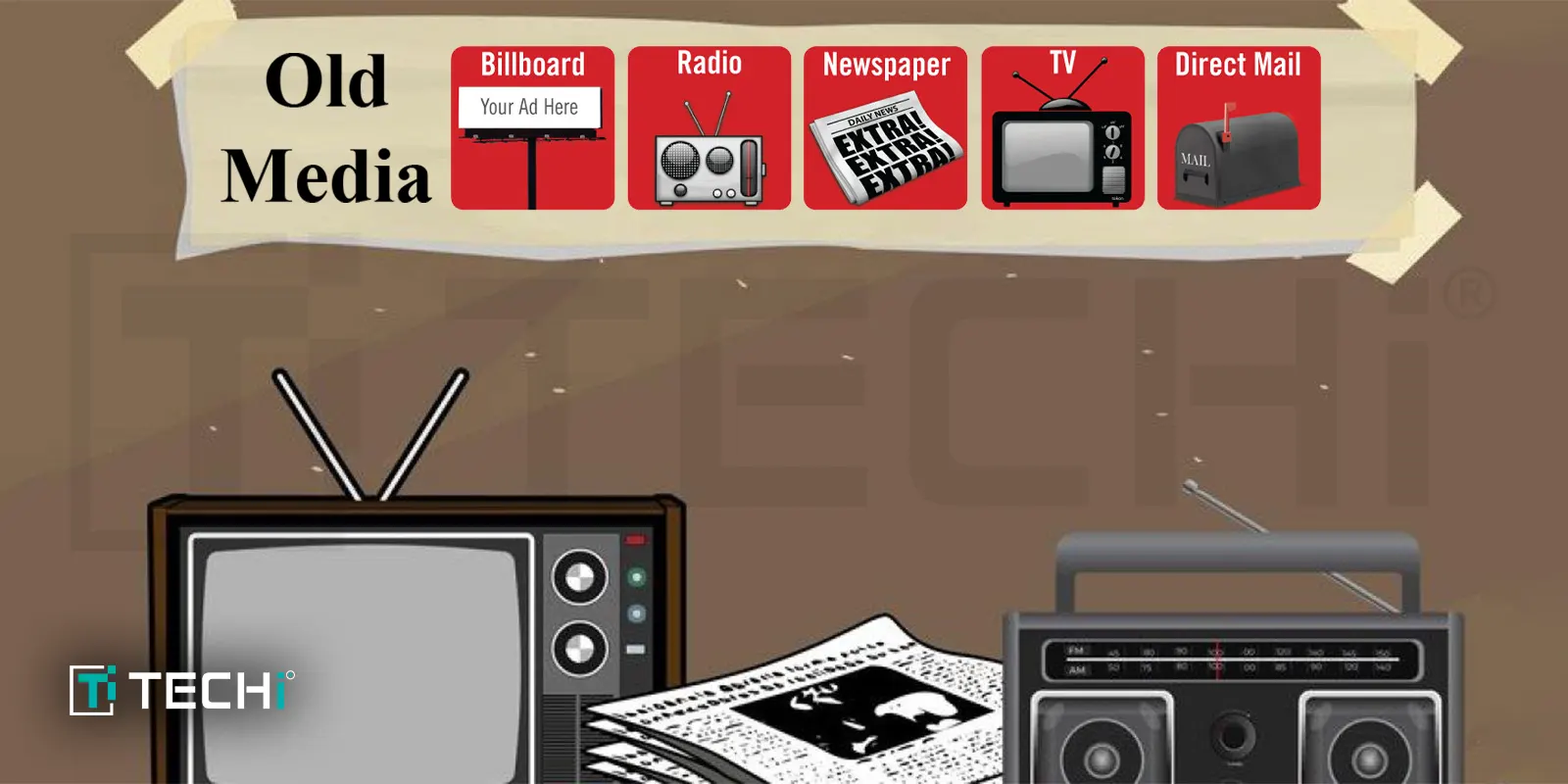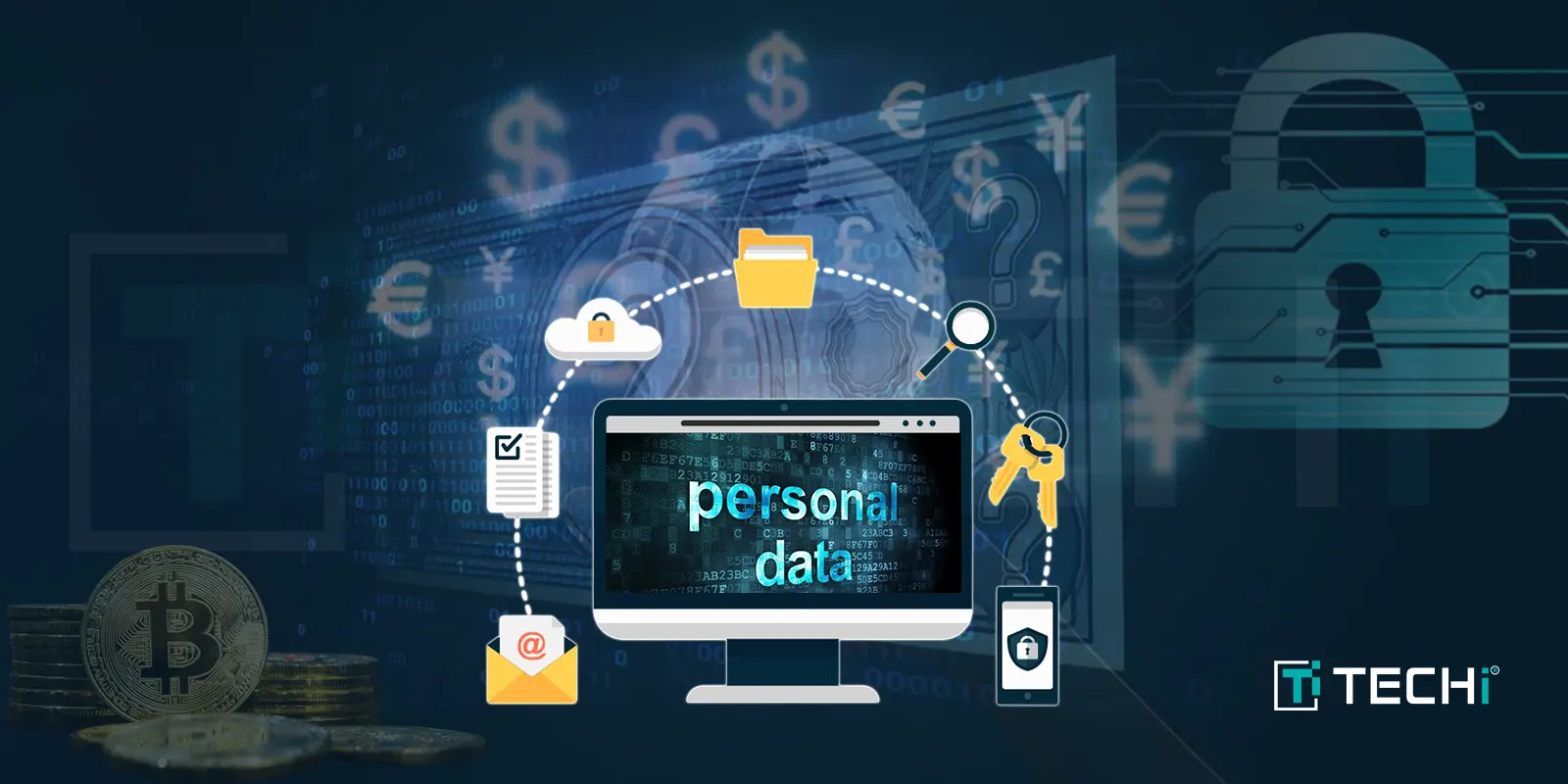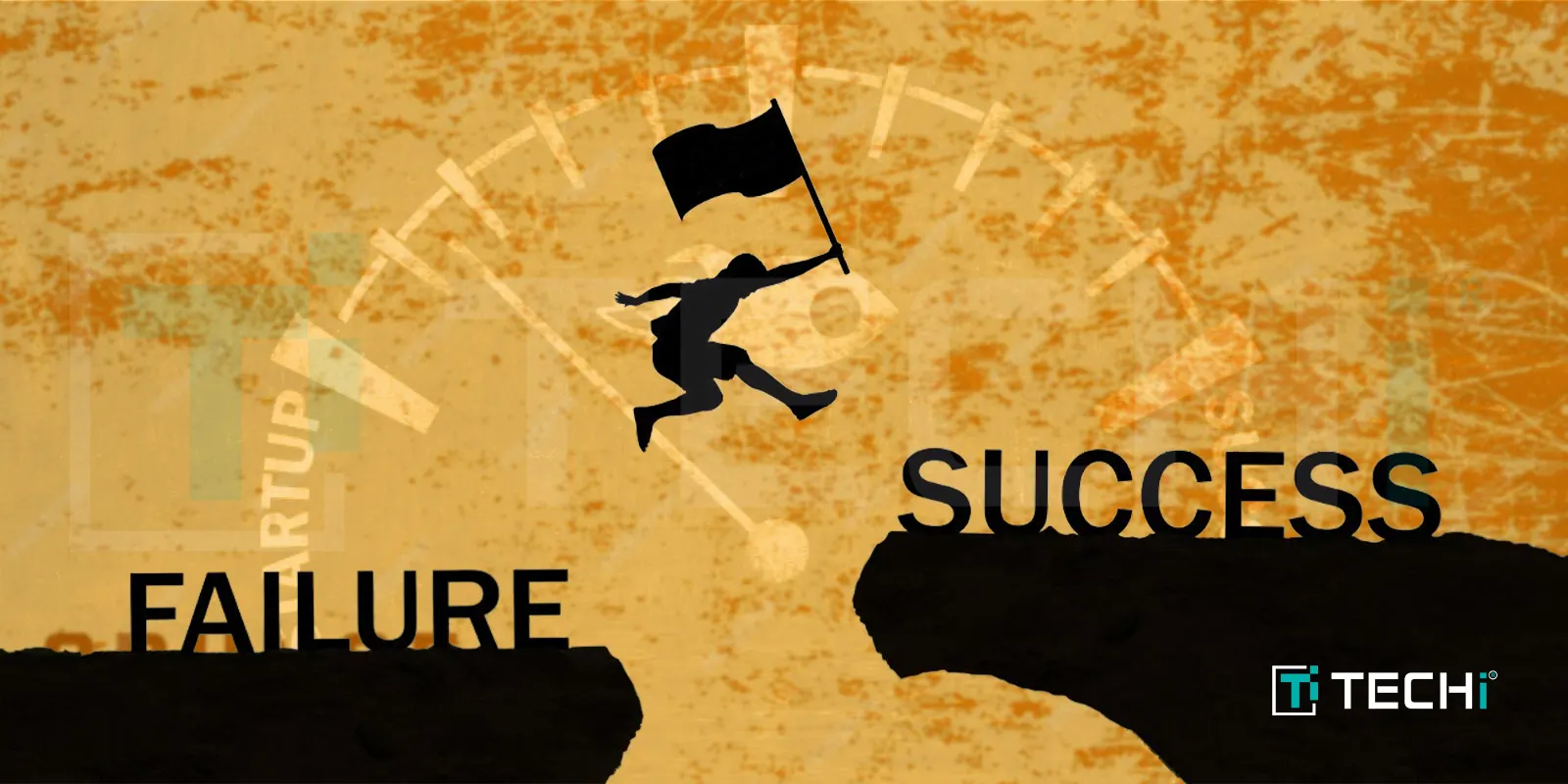The RIAA and MPAA Have Failed To Understand A Cultural Shift

Though we have, over the past few years, become accustomed to rather strange, aggressive ideas from those who run the movie and music businesses, the latest move from the RIAA and MPAA is a little astounding.
Today, the Electronic Frontier Foundation, an organization dedicated to defending internet users’ rights, outlined some of the suggestions made by the media conglomerates for protecting their content. They, along with many other players, were asked to weigh in on how intellectual property should be treated in a changing, networked world.
And you know what the MPAA and RIAA suggested? Well, among other things:
- Anti-infringement spyware to be installed on users systems
- Filtering technology on internet service provider’s networks to prevent the spread of copyrighted material
- ‘Inform’ and ‘educate’ (i.e. harass) entrants to the US about the ‘dangers of pirated material’
- Intimidate countries that do not agree with these policies, using US economic clout to threaten them
- Use federal resources to employ agents to crack down on copyright thieves
So, how does that sound? Having spyware installed on your system and monitoring what you’re watching? Having your ISP filtered and throttled so that the MPAA and RIAA can control what gets distributed around the internet? Super, right?
But it isn’t simply the stunning sense of entitlement and invasiveness that’s the issue here. There’s something bigger at stake than simply ‘this is not how you should treat your customers’.
What the RIAA and MPAA have failed to understand is that new technologies like the web don’t simply represent new ways to pirate material – they are part of a seismic change in culture. By failing to understand that this is a cultural and not only technological or economic shift, media businesses are on the brink of becoming obsolete due to an obsession with control.
Technically speaking, you might articulate the change in how we think of these things by talking about ‘the economics of scarcity’ vs. the ‘economics of abundance’.
See, physical media is hard and expensive to create and distribute – not only do you have to find the materials to press CDs or print books, you have to then distribute them on trucks and trains and what-have-you. This creates an economic system based on scarcity, or as we more traditionally think of it, supply and demand. Limited by physical constraints like materials and labor, you make a certain number of things and then you set the price based on how many people want that thing.
But when you switch to digital, this scarcity often disappears. An MP3 or movie file or eBook is just ones and zeroes. After the initial costs of creation are done with, creating a new copy costs almost nothing. Suddenly, things are abundant – there is no physical limit on how many of something can be made – and this changes things.
But that’s only the economic side of things. Culturally, there has also been a shift in how we think of accessing content like TV shows or films or music. Whereas once it seemed to make sense to save our pennies for new records or films, it’s now much harder to justify that expense because there is so much available for free, legitimately or not. You know this – it’s everywhere around the web, because no-one can control the spread of information.
People will often talk about this in terms of ‘stealing’ or ‘entitlement’ – which has it merits – but also misses the point. Once a person has experienced the freedom of something like Napster or Bittorrent, it’s hard to put that genie back in the bottle. It isn’t about ‘thieving’ as much as it is this: once you know what it’s like to access culture with such freedom, going back to the basics of plunking down 20 bucks for a iTunes movie you can’t copy, can’t take to your friends house or can’t watch on your PS3 not only feels strange, it feels plain backwards and absurd.

By attempting to replicate the scarcity model in the digital age, media businesses have made clunky DRM’ed products and have alienated consumers, and they are voting with their wallets. It might seem sensible to try crack down on consumers, but it’s like trying to nail jello to wall: you can’t do it, and it wasn’t a very good idea in the first place.
That may be controversial – and might even seem to support piracy – but that isn’t the case.
There are solutions to this problem, among the best of which is something like ‘monetizing the pipes’ – i.e. charge for the distribution. Another option is something like eMusic, which makes you pay a set amount for a certain number of MP3s a month. More options include what Mike Masnick calls ‘finding other scarcities’ like musicians making money from live shows and merchandise but giving the music away for free.
But the point boils down to this: the world has changed. The internet works on principles of openness and exchange, and information and content ricochet around at an amazing rate. You just can’t control that without unfairly limiting people’ experiences of the web. This is what the MPAA and RIAA have failed to understand. They are still working in a mindset that is based on scarcity – we have a limited amount of product, and we have to protect it – and that’s an ideal that certainly was noble and fair years ago.
But when culture and technology have changed so drastically, and digital information fundamentally works through copying and spreading, it’s also a naive one. Rather than trying to lock down the entire internet and the exchange of media, those concerned should be looking to establish new business models or new products that draw people in (like Avatar, for example).
After all, if they don’t, it’s not we who will lose. People will continue to create, and they will find ways to finance and distribute them using new tech. The MPAA and RIAA, on the other hand – well, it may already be too late for them and the lumbering dinosaurs who lead them.





The RIAA AND MPAA should be happy that people are at least listening and watching the trash that’s out there being produced by thier so-called artists!
Hollywood and the music industry should rethink their art-forms and give the public something worth paying for…until that happens I will continue to do what I do and teach those that are wanting to learn.
“When you lose your way…start-over”
First I would have to agree the list of requests by the MPAA and RIAA are a bit intrusive and perhaps unnecessary; however, to rationalize the use of or simply obtain copyright protected material as legal when you know the material to be protected by law is incredible. You dismiss it as “theft” when it is very much about theft. The material on that dvd or cd is not your design or a creation of your artistic talents. It would be like taking your articles, assuming you sold your articles for a living, duplicating them, publishing them as my own and making money for my pocket with your work. I’m getting paid for something you created. That’s wrong. And because I have flooded the market with your articles and probably accepting much less than you would have sold them for, you can’t sell your own work. will something like this have a huge impact on the bigger companies (Warner Bros/Disney)? In rare instances only but probably not like the impact the smaller companies and/or those companies getting started feel. IPR crime can close the doors on businesses like these.
i would love to pay a reasonable price for the product be it art, music, pics, text, whatever. i would love to – people have to make a living and if you have produced a desired item, getting reasonable compensation for that product is it self perfectly reasonable.
what i do not love is having to jump thru ever changing yet endless hoops of hassle & threats so i can pay said reasonable fee for the product i desire.
nor do i love being forced to repeat the hoop jumping so i can make a back up of, or enjoy in another format, or on another system i use, what i now own since i bought it all because some greedy or paranoid ass thinks i should endlessly re-purchase for each & every copy/media/system i want to enjoy my previously paid for product on.
you made it. i paid for it. now i can hang it on my wall, my wallpaper, or wipe my a@@ with it.
you made it. i paid for it. now i can play it on my laptop, ipod, car radio or shatter the cd it’s burned to.
you made it. i paid for it. now i can read it on my desktop, ipad or burn it.
MY copy is MINE. period. i’m not selling it. i’m not sharing it. what i am doing is using MY copy on MY devices MY way.
this consumer MY sequence is no different than the producers MY music MY book MY picture MY movie.
the lack of respect for the consumer MY sequence is why so many consumers turn to pirating which in turn is why so many producers turn to DRM etc.
restore the respect for one & the other will follow i assure you.
continue failing to provide that respect = support the very piracy producers are unhappy about.
and please take note, i said reasonable price. this means absolute transparency in production costs. consumers are not here to make producers ‘rich’ anymore than producers are here to be the latest status indicator etc. consumers are here to make producers comfortably well set as producers are here to provide enjoyment & information.
This is basically a simple equation now. Instead of the two part supply and demand model it is now a one part value added ‘convenience’ model. How can I have my content in the most easily consumable process possible or in multiple forms at a cost where the value is beyond question (such as the Netflix DVD/streaming product.) For me personally, Netflix convenience factor makes video piracy irrelevant.
When the content providers realize this and act accordingly then piracy will have a serious competitor, not until then!
Wow this discussion is interesting.
But I think one of the obstacles we need to overcome is that of comparing digital “stuff” with physical objects.
To sum up what I feel many people are saying is that since so many people (ie musicians, movie makers, writers, etc etc) can’t make money on the internet we need to filter/restrict/shut it down.
As many said before and kudos to some great comments above, the idea of owning an idea is kind of absurd in itself. Where there no music before records? Where there no books before the printing press? Why did people create books and music and paintings when they could not sell copies of them? Perhaps I know the answer, perhaps not, but the answer would anyway be too long to answer here.
So how do one make money today? The currency of the future will be attention and time. If you can get peoples attention you can earn money. Advertisers will pay to be seen where the people are. If you write great content, make great music, make great movies that people will want to consume then there are going to be people paying to be seen in those areas. Advertising in live shows, in photo exhibits, in movies (as product placement) are the future. Or how else could radio be free? No one pays to listen to commercial radio channels and no one ever has. Not even the first person to listen to radio EVER payed a cent to the people that made the broadcast. Did radio die and dissapear?
What I want to say is this: On the internet products can not be sold. Because there are no products to begin with. There are only analog material encoded in ones and zeros, and as we all know by now, ones and zeros can be copied in a blink of an eye. Instead you can use the extremely cheap (in terms of money, not time) marketing tool called internet and market your physical product or sell physical services. If you have created something of value, people will not only find, but even stampede to it, be it entertaining entertainment, useful products or guides on how to make money.
Then you have their time and you can make a change to the world or sell their attention to advertisers.
shit did did i miss anything in this long rant? i hope not. please do tell me if so, it’s kinda late here in sweden now. i think i will elaborate on this subject more in my blog (probably in swedish though), but i invite anyone with questions or opinions to continue this discussion, which i feel very strongly for. thank you and good night!